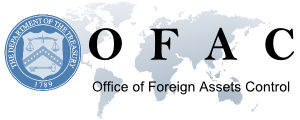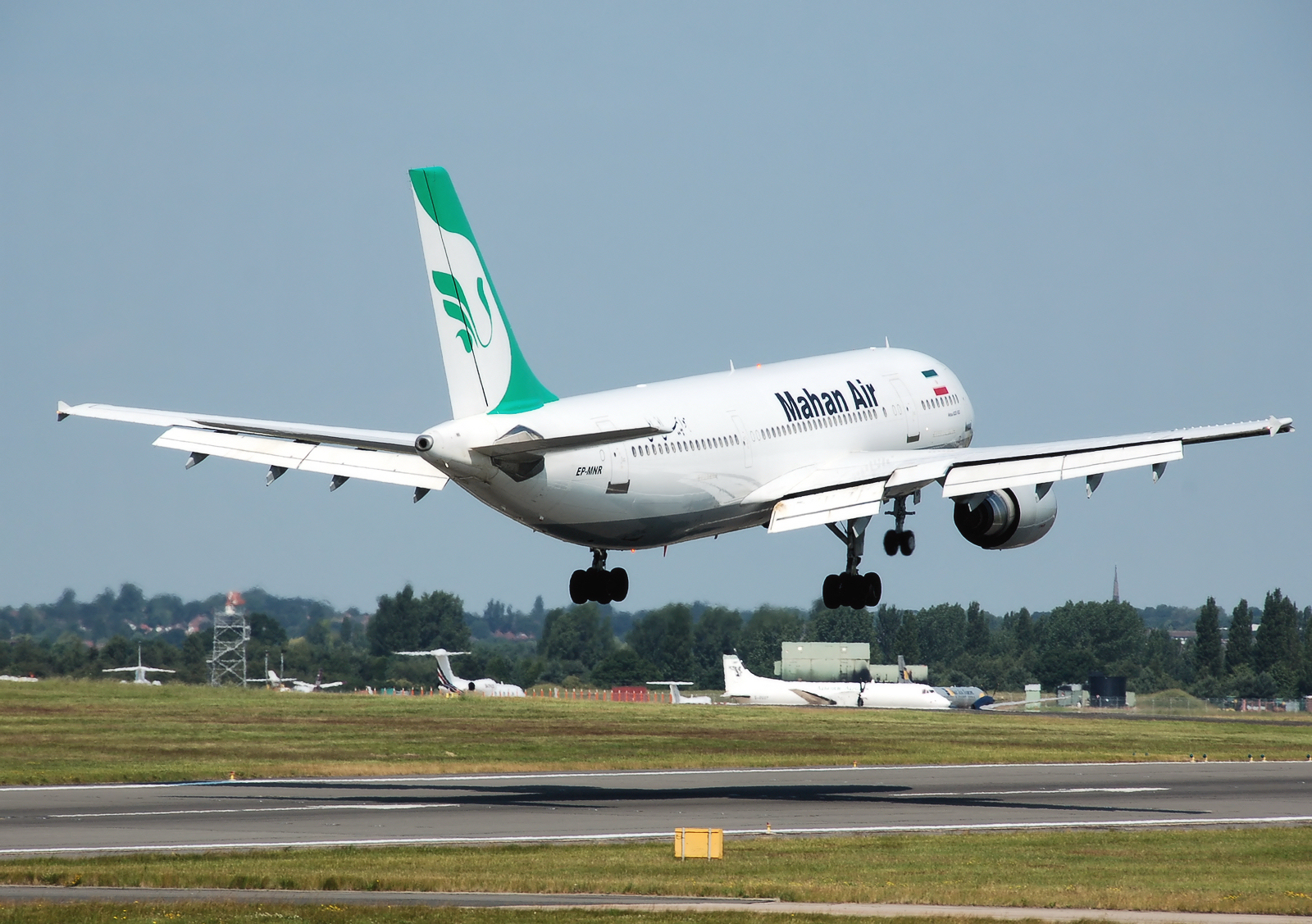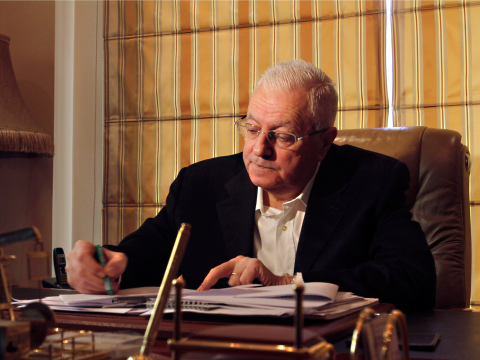You’ve Been Listed Due to [REDACTED]: Designation Evidence and Sanctions Legitimacy
![You’ve Been Listed Due to [REDACTED]: Designation Evidence and Sanctions Legitimacy](https://sanctionlaw.com/wp-content/uploads/2015/06/download-1-e1434393948561.jpeg)
Last week, OFAC designated three Lebanese businessmen described as Hezbollah “facilitators” and (some) of their affiliated companies. On Friday, one of those designees, Kassem Hejeij fired back though “a lawyer and close associate.”
“I can assure you Kassem Hejeij has no direct or indirect links with Hezbollah and we were surprised that the U.S. Treasury Department applied sanctions on him”
As with many designations, the press release is short on details particularly in comparison to Adham Tabaja, another of the facilitators designated with Hejeij. It’s useful to unpack each sentence of the Hejeij evidence, since there are so few of them. Here’s what OFAC had to say:
“Hejeij is a Lebanese businessman that maintains direct ties to Hizballah organizational elements.”
As does the Lebanese government, Lebanese armed forces, and likely every financial institution in Lebanon, at least to a certain extent.
“In addition to his support to Adham Tabaja and his affiliated companies in Iraq, Hejeij has helped open bank accounts for Hizballah in Lebanon and provided credit to Hizballah procurement companies.”
It’s a bit strange that OFAC does not feel compelled to describe the alleged “support” to Tabaja and his companies received, particularly since neither Tabaja nor his companies were designated at the time the support occurred. Hejeij’s representative told the Daily Star that Tabaja had an account with Middle East and Africa Bank (“MEAB”), which Hejeij chairs, but that account was closed following the designation. The allegation that he helped open bank accounts and provided credit to procurement companies is a bit more specific, but individuals do not generally provide credit. If this was through MEAB, why has the bank not been listed?
“Hejeij has also invested in infrastructure that Hizballah uses in both Lebanon and Iraq.”
Likewise, “invested in infrastructure” can mean almost anything. I assume Hezbollah elements in both Lebanon and Iraq drive on roads, did road-building contribute to the designation. We don’t know.
It may very well be that OFAC has a robust and detailed designation packet that provides reasonable cause to believe Hejeij was actively providing material support to Hezbollah. Perhaps there are legitimate concerns over protecting sources and methods that preclude a broader description of Hejeij’s activity. But OFAC has a slightly disturbing tendency to include a great deal, relatively speaking, of information on one or two designees from any given action, but provide little to no evidence for others. Designations have become an essential component in the U.S. national security toolkit. If targets provide enough of a threat to U.S. national security that a designation action is warranted, more than three sentences-worth of evidence is not much to ask. While it is certainly a stretch to conclude that one insufficiently-sourced designation will cause much damage, it has become something of a trend. At a time when many countries are already grumbling about the way the U.S. government utilizes the U.S. financial system as a coercive tool, steps that seem to cast U.S. sanctions decision-making as arbitrary cannot be helpful.
Hejeij looks to be going about a reconsideration request the right way. Specifically, he plans to “collect all the account information and data he has to prove his innocence in Washington” and to submit to U.S. authorities “all the documents and accounts the bank has.” Transparency is far and away the best route to take when contesting a designation. In fact it is the only way, as in any designation reconsideration scenario, OFAC holds all the cards and suing the agency is a long-shot given the extensive agency deference granted in national security-related cases of this type.
Given the relative scarcity of information actually contained in the press release, it would be interesting to see what evidence OFAC actually used in making a designation. Unfortunately, since the agency is free to use classified, non-discoverable information as the basis for a designation, no one except potentially a judge through an ex-parte submission will ever see it.



